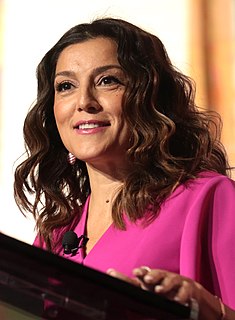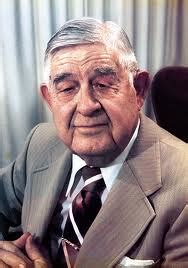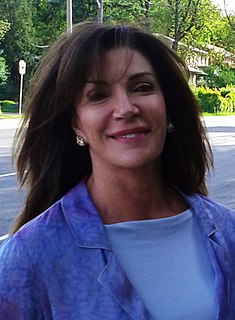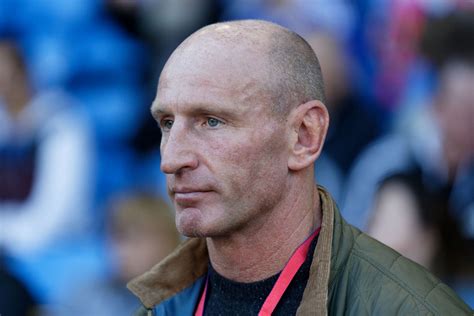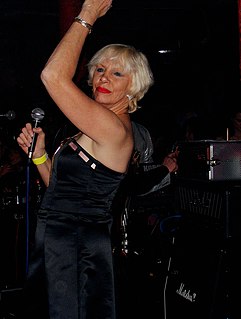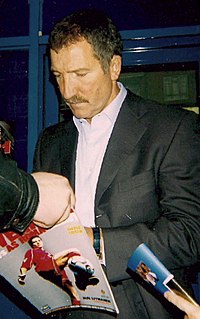A Quote by Dia Mirza
I lost my biological father at nine, but up until then, we celebrated Christmas and Easter too.
Related Quotes
Christmas means a great deal to me. I was reared in a family that celebrated Christmas to some extent, but I married into a family that celebrated Christmas in a big way. And my wife always made a big thing of Christmas for the children. We have five children, and we had a terrific time at Christmas.
When I was a kid, I was told that I had a biological father, but that he didn't have much importance. I had an adoptive father who was present, who loved me, who was up to the task. And he was. So, I didn't question that story, until I was thirty-two, and suddenly realized that I was curious, that he did have something to do with me.




